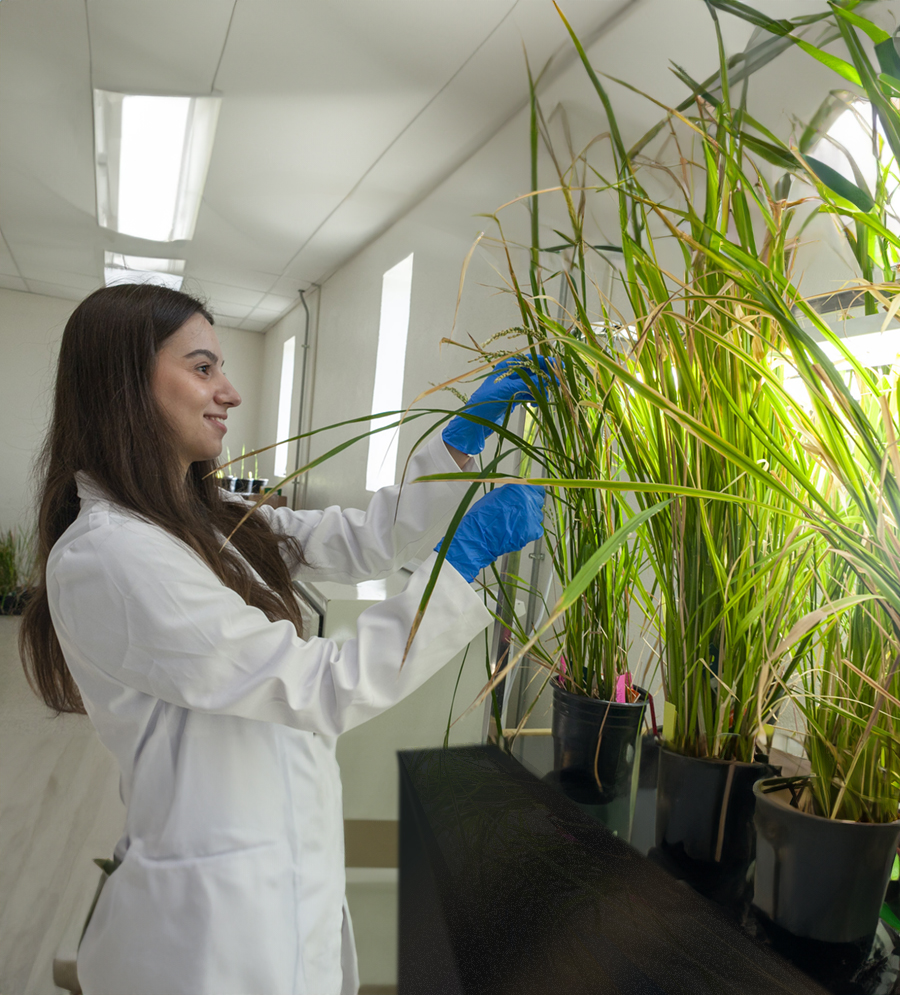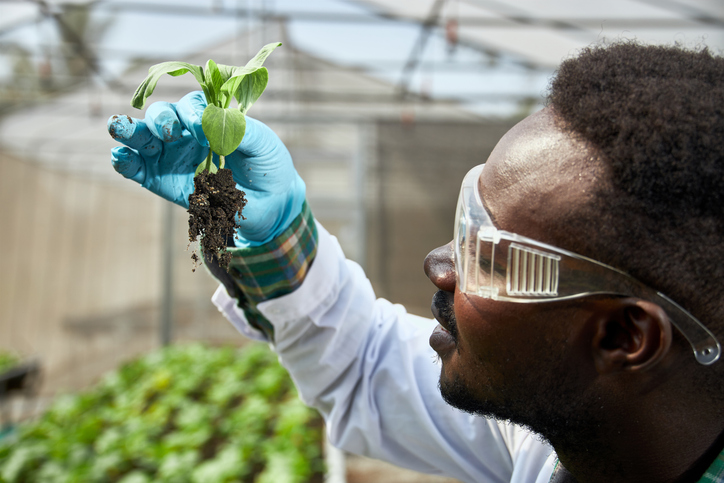
Program Mission
The mission of the Associate of Science program is to provide a strong foundation in the sciences and in mathematics for students wishing to transfer to a bachelor’s degree program in a science, technology, engineering, or mathematics field of study (STEM).
Student Learning Outcomes (SLOs)
The Associate of Science in Natural Sciences program aligns with the Clinton College mission elements of promoting academic achievement through its coursework leading to student learning outcomes in conceptual knowledge and applied skills to be developed in all science courses and labs. The mission elements of promoting moral and spiritual development, fostering leadership qualities, and encouraging students to be good citizens are emphasized in the capstone course.
Content/Conceptual Knowledge: Students will demonstrate knowledge of major concepts, theoretical principles, and research/ experimental findings in science.
Critical Thinking and Applied Skills: Students will demonstrate the skills to correctly design, safely implement, and accurately record, analyze, and present the results of laboratory experiments.
Application and Analysis of Scientific Information: Students will demonstrate the skills and dispositions necessary to investigate a problem through the lenses of two scientific disciplines, using ethical reasoning, analytical reasoning, and quantitative skills.
Total 61 Hours
General Education Requirements (total hours 31)
Major Requirements (total hours 30)
BIO 202: Introduction to Zoology
BIO 210: Anatomy & Physiology I
BIO 211: Anatomy & Physiology II
CHE 101: General Chemistry I
CHE 102: General Chemistry II
MAT 220: Pre-Calculus
MAT 221: Calculus I
MAT 222: Calculus II
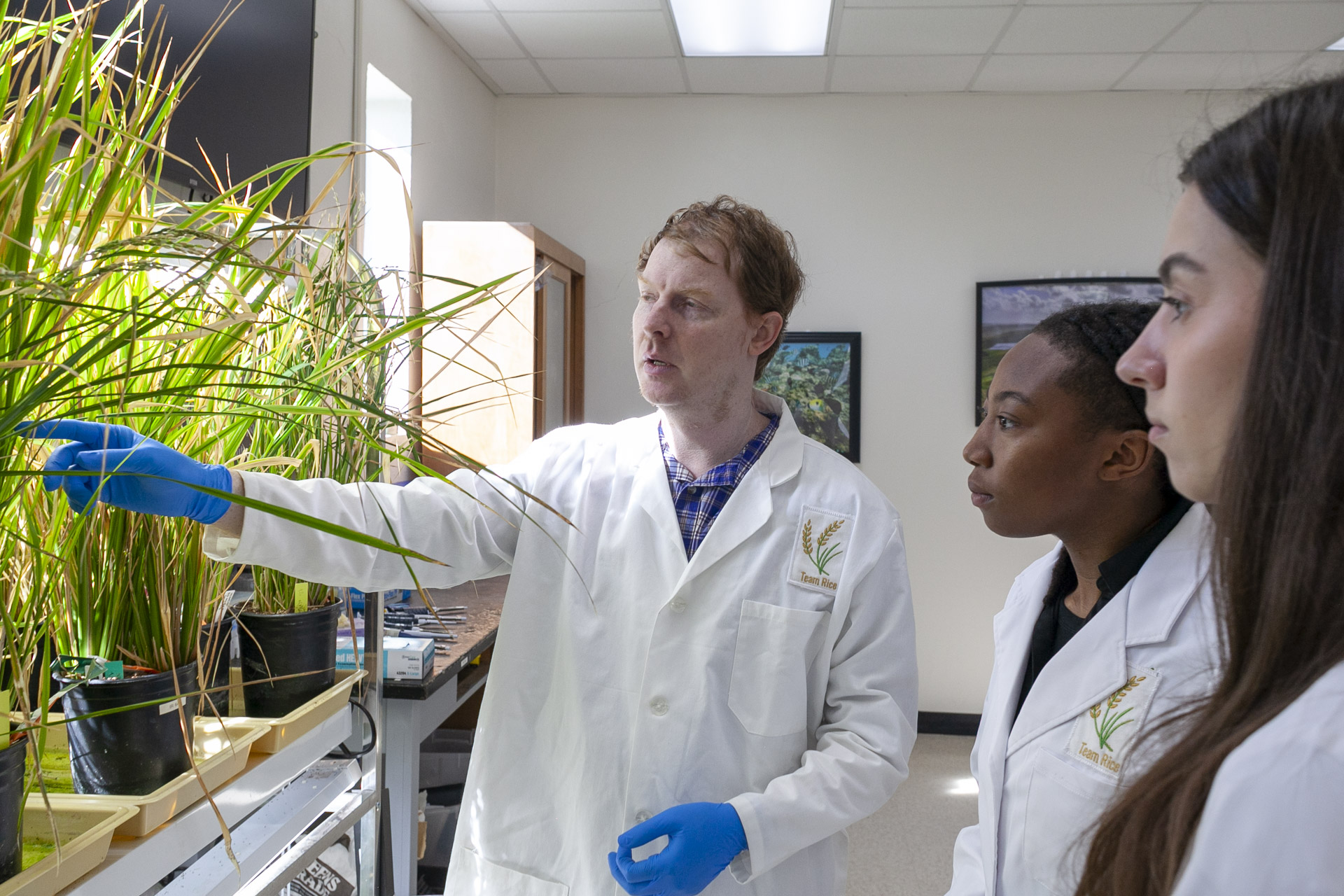
Career Options
These are just a few of the careers you could start with a degree in Natural Sciences!

Environmental Science
Study ecosystems, pollution, and conservation efforts to develop solutions for environmental sustainability and protection.
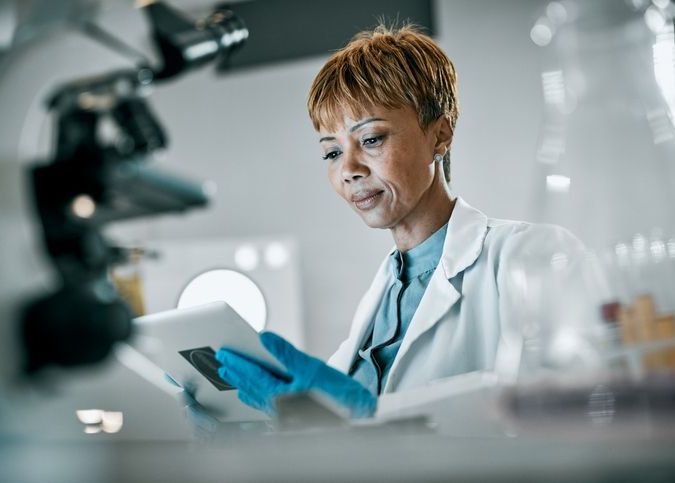
Biotechnology
Work in research and development to create innovative products and technologies in fields like medicine, agriculture, and genetics.
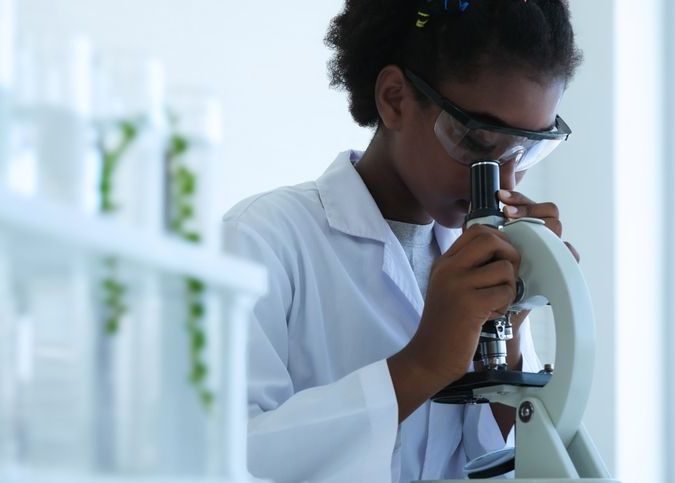
Science Education
Teach biology, chemistry, or physics at various educational levels, fostering scientific curiosity and knowledge in students.

